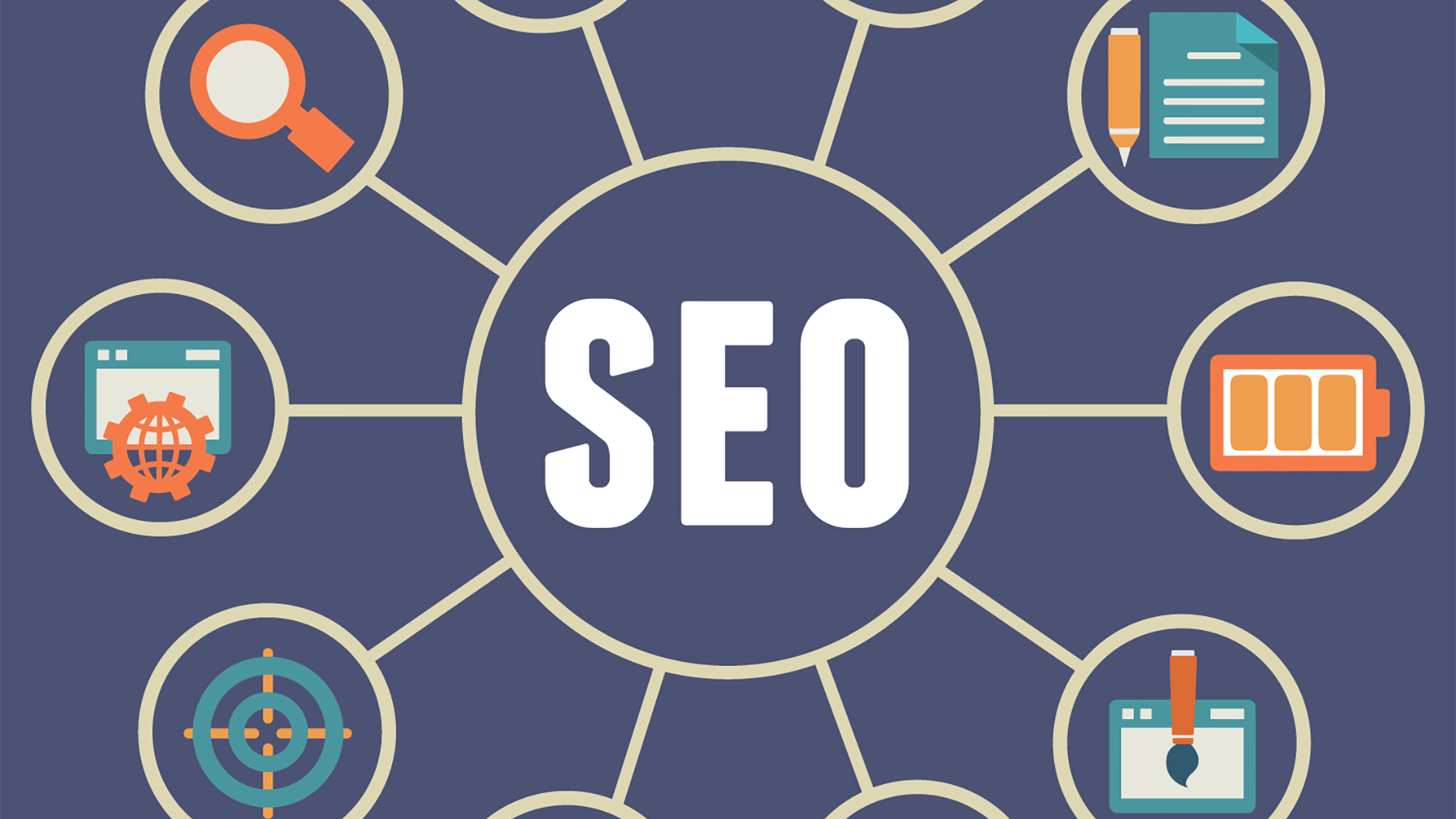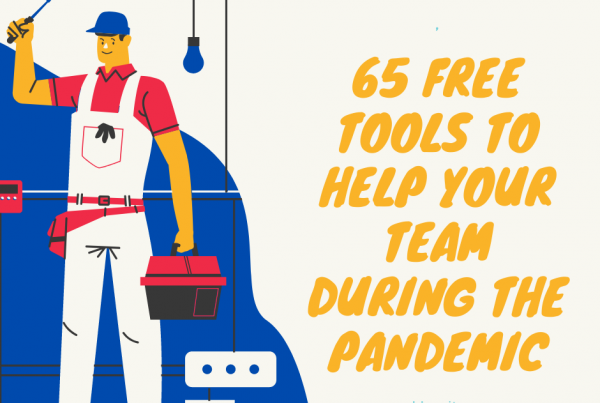SEO stands for search engine optimization, which encompasses marketing efforts to gain internet traffic for your website. Your mission, should you choose to accept it, is to get your website to the first page of Google. The top of the Google mountain is the place to be, because how often do searchers scroll past the first page?
In the marketing world, you might hear a lot of SEO buzzwords being thrown around that make climbing that mountain seem impossibly complicated. Let’s simplify it.
A Dictionary of Common Terms:
Bid: This is how much you’re willing to pay to get your website onto that front page. You’re essentially bidding against other sites for top spots.
Bounce Rate: This term also appears a lot in web analytics. Your bounce rate is the percentage of people who clicked to your website and left within a specified period of time (usually something very short, like 2 seconds).
A high bounce rate can occur when your content is unrelated to the keywords you advertised, which results in a lower ranking.
CPC (Cost per click): This is how much you actually pay every time someone finds your site via a search engine and clicks on the link.
CPM (Cost per thousand impressions): Just like CPC, except you pay based on how many times your website appears on users’ screens, regardless of whether or not they click.
Keywords: Those words that describe exactly what is on your website or pages. Keep in mind that, based on the frequency of searches, using certain keywords to advertise your website can cost more. This is because more marketers will be bidding to be featured with higher-traffic keywords.
Negative Keywords: You can also specify which keywords should not be associated with your website. For example, if you sell axes and other tools, you may want to specify “murderer” as a negative keyword so that murder-mystery searchers don’t associate that with your brand.
Page Rank: This is Google’s algorithm that determines, literally, your site’s rank on the page, and it was named for one of Google’s founders, Larry Page.
A higher rank will put you closer to the top of Google’s page. It primarily makes calculations based on the number of links to your page that exist and the quality of them. Websites that are linked to often and accurately are determined more “important” and rank higher.
Completely diving into SEO, web analytics, and advertising is something marketing professionals take years to master.
The basic terminology is a 10 million-foot fly-over of the intricacies of SEO and Google mountain, but hopefully now you at least have the right shoes to start climbing.





